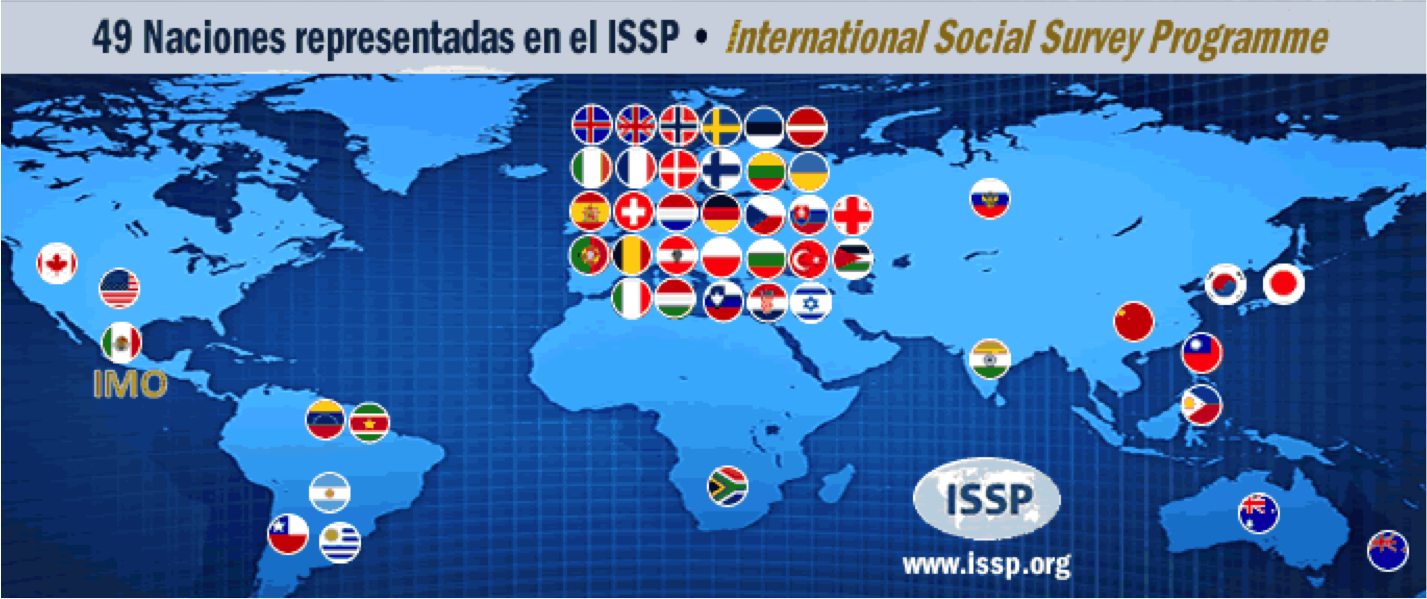Health outcomes and health inequalities are shaped by the interplay between individual characteristics and broader societal arrangements. At the individual level, factors such as social location, lifestyle choices, and use of health care impact health outcomes. At the national level, factors including access and quality of health care as well as social policies are likely to influence both health and health inequalities. Previous research has found consistent patterns at the individual level, for example by showing that those who are vulnerable in society generally experience worse health than those less vulnerable, but findings at the national level have been more mixed and sometimes contradictory. What is missing to a large extent, is research that evaluates how individual health “decisions” are embedded within the broader health and welfare system, specifically whether making decisions that are beneficial for health are more likely in countries with certain social policies. Using the 2011 International Social Survey Programme (ISSP) module on health, I evaluate the impact of health care “decisions” (e.g. use of services, delay of services) on physical and mental health outcomes, and test whether and how these decisions are impacted by the kind of health and welfare system they are made within. Preliminary findings indicate that individuals residing in countries that are more supportive in terms of health behavior and health care report better health than their counterparts in less healthy societies. This research shows the importance of not only looking at how social policies shape inequalities, but also considering the mechanisms that such policies produce, by enabling or constraining healthy lifestyles among the population.
Dr. Sigrun Olafsdottir earned received a B.A. in sociology from the University of Iceland in 1998, a M.A. in sociology from Indiana University in 2002 and a Ph.D. in sociology from Indiana University in 2007. Her research and teaching interests include medical sociology, sociology of mental health, comparative research, political sociology, sociology of culture, gender, and research methods. In her work, she seeks to understand how institutional arrangements influence individual level outcomes. Frequently, but not exclusively, her focus is on health, illness, and healing. Her work entitled “Medicalizing Mental Health: A Comparative View of the Public, Private, and Professional Construction of Mental Illness explores how medicalization, as a social process,” is constructed and addressed at multiple avenues within and across nations. Her other work focuses on how culture and politics impact issues of health, illness, and healing. For example, one stream of research focuses on how inequality and the welfare state impact health across nations with different social organization of welfare. Another stream of research explores the role of culture in understanding how and why individuals seek help for health problems.


